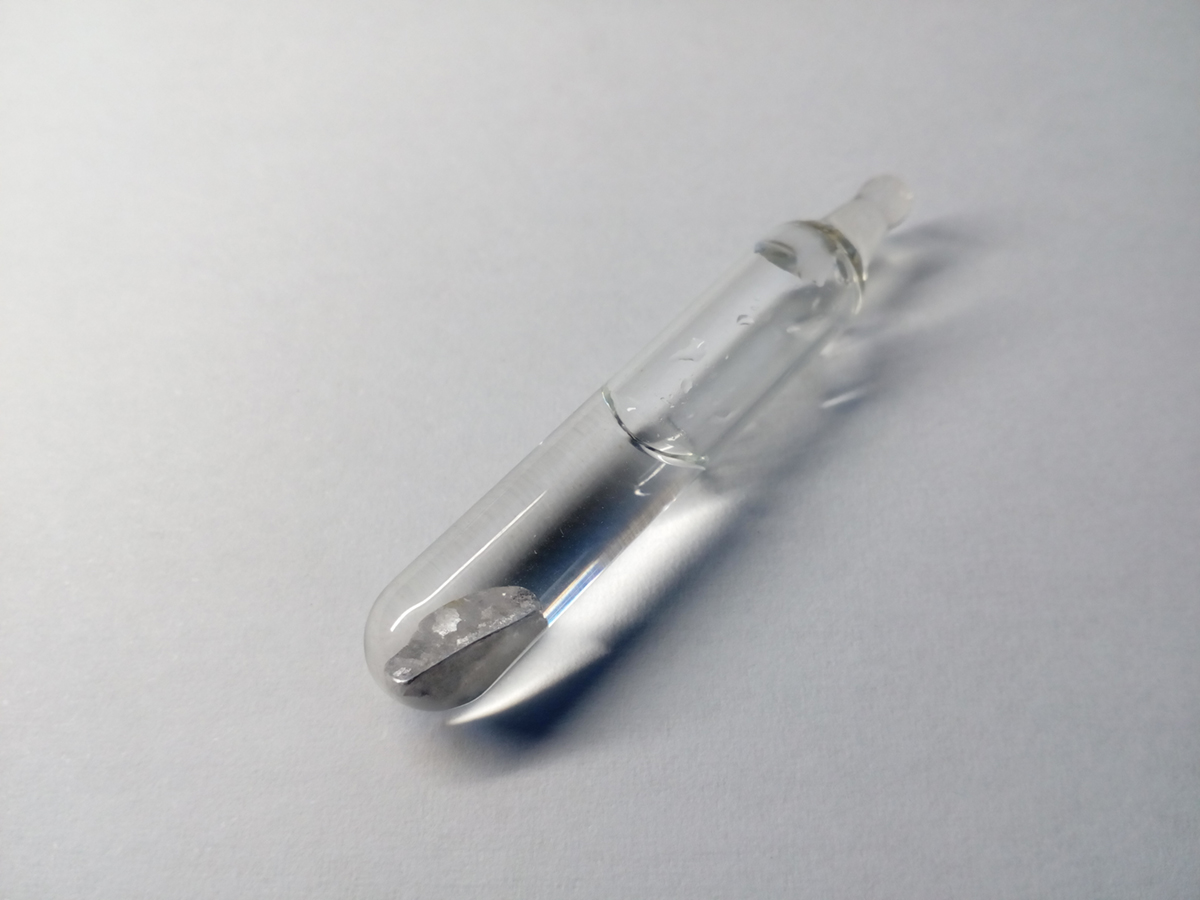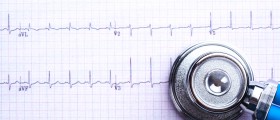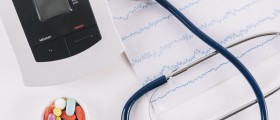
What Is Thallium Stress Test?
As the name itself suggests, it is a test performed at a medical institution, in order for the doctors to gain insight into the health of your heart and the amount of blood that gets pumped into it both during rest and during physical activity. Therefore, this test has more than one part. Namely, your heart activity is first recorded while you are still and relaxed. Afterwards, the same is done once you indulge into physical activity. This often involves running on a treadmill. If you are obese or have joint problems making it impossible for you to use the treadmill machine adequately, you are given special drugs which speed your heart rate, as if you were exercising.
After this has been completed you are injected a special type of a radioactive material called thallium. Alternatively, Sestamibi can be used instead of thallium, changing the name of the stress test as well. Next, by visualizing the path this radioactive drug is taking through your organism, a special machine is capable of capturing the way blood enters your heart, making this test possible.
All in all, this test is called a stress test since your heart will be engaged in an advance manner. The thallium stress test lasts for about 4 hours during which numerous recordings of your heart activity are taken.
What To Expect before and during the Test?
First of all, you should stop taking your regular medications since these may alter the test results. Nevertheless, consult with your doctor before taking this important step. Caffeine, beverages and food are not allowed at least 8 hours before the thallium stress test. Eventually, you might drink smaller amounts of water.
As for your body's reaction to the test, you might feel chest pain, muscle pain or cramps or experience fatigue along with shortness of breath during and after the treadmill part. Some people may experience some side-effects due to the drug given to speed up their heart rate. These might include headache and nausea.
You need to take into consideration that this test is confirmed in order for your doctor to know how your heart is working in general, coping with some diseases or recovering after surgery or a cardiac arrest. Thus, you should report any discomfort you might be feeling.
What about the Results?
If they are positive, the blood flow through your blood vessels as well as your heart activity is satisfactory. On the other hand, if the results are not encouraging, you might have problems with any part of your well-being this test is supposed to analyze.
Finally, there might be some side-effects of this test as well. Thus, get informed about all the precaution measures beforehand.

















Your thoughts on this
Loading...